
The ‘pure men’ who made Europe tremble
A new book investigates the history of the Christian sect that gave rise to the Spanish Inquisition

A new book investigates the history of the Christian sect that gave rise to the Spanish Inquisition
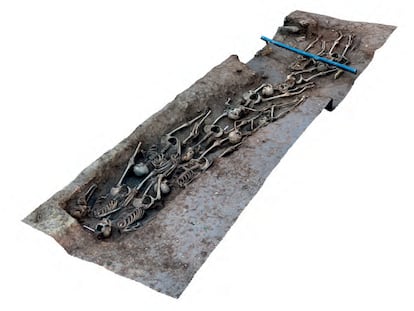
A new report reveals that 10 Napoleonic soldiers attacked by Spanish guerrillas were not sent to prison, as previously believed, but killed
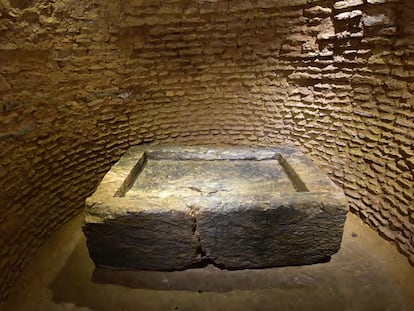
A study reconstructs how the inhabitants of the Iberian Peninsula lived in the Copper Age
The structure consists of three concentric walls up to five meters high and 25 towers. Inside, the tomb of a possible Roman legionary has been discovered

A new documentary explores 20 years of research into the navigator’s roots, suggesting his birthplace is in the ‘western Mediterranean’

A new study of bones that were transferred to the Spanish city of Seville from Havana in 1899 confirms with ‘absolute reliability’ that they belong to the explorer
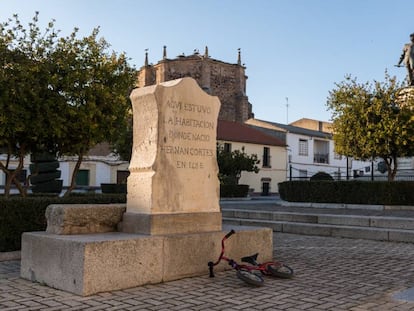
Former Extremadura regional premier Guillermo Fernández Vara announced a year ago that the relics, kept privately for decades, would be put on public display, but the current conservative administration has them stored in an archive
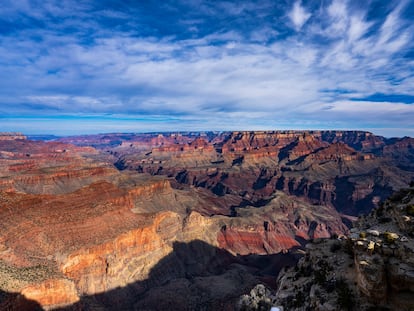
The conquistador Francisco Vázquez de Coronado y Guzmán crossed Arizona, New Mexico, Texas, Oklahoma and Kansas between 1540 and 1542 and left behind pieces that have been analyzed in a new study

A study reveals the advanced mathematical, astronomical and geological knowledge that was used to build one of humanity’s first stone buildings, located in southern Spain

Authorities had to race to prevent the plundering of priceless heritage ranging from Roman ruins to medieval board games and a megalithic dolmen
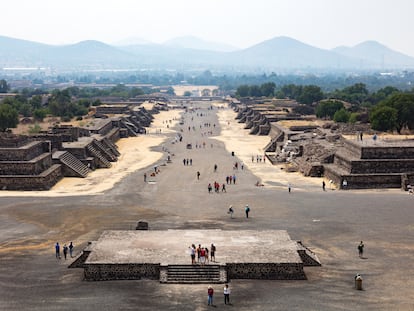
A Spanish-Mexican study reveals the reasons that led the population of this impressive Mayan civilization city to flee to safer places in the year 650
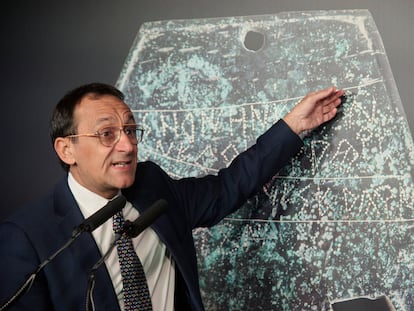
Experts doubt whether it is a symbol of good fortune or of war. They believe it could include the name of a divinity and confirm that it was written in ‘Basque script’
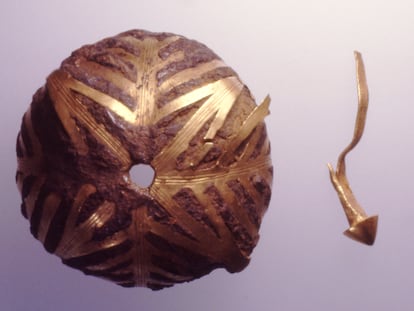
Made up of 59 objects found in 1965, the hoard has been dated to the Bronze Age and is the only one on the Iberian Peninsula made with material from a meteorite

Archaeologists took 44 years to discover who began to build an expensive ‘castellum’ in Formentera, the least strategic of the Balearic Islands, and why
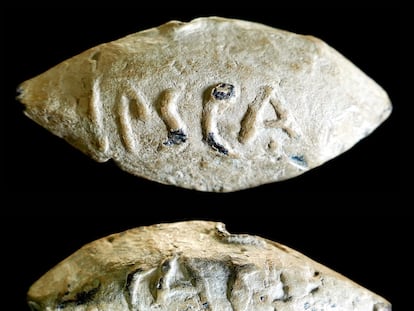
A piece of lead with the word ‘Caesar’ reveals that the feared Iberian slingers had allied with the Roman dictator to finish off his enemy
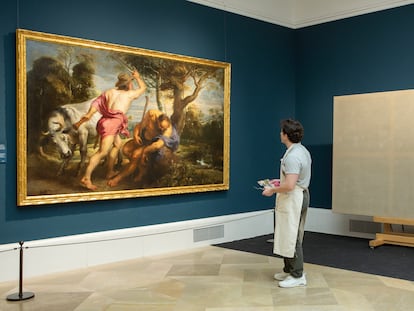
The esteemed Spanish gallery commissioned an artist to replicate a work by the baroque genius using the “Venetian technique,” which the Flemish painter developed to fulfill his many commissions on time
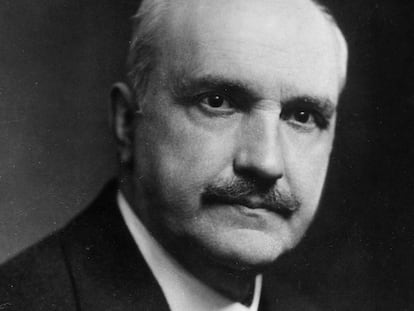
A new anthology collects the works of the Madrid-born scholar, who grew up in the U.S. and taught at Harvard for two decades
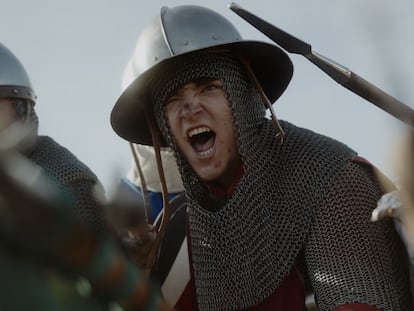
A new documentary picks up the archaeological trail of the largest military confrontation in Medieval Spain

An interdisciplinary study has located the battlefield that changed the history of the Iberian Peninsula and the stream where the monarch died, stuck in the mud
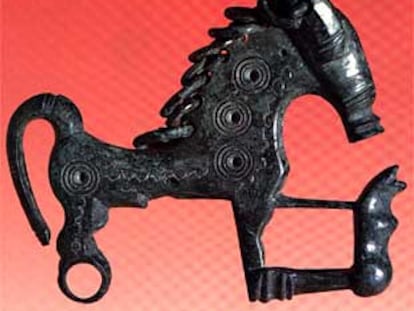
A study reveals that these pre-Romans manufactured the symbolic offerings using the same mold
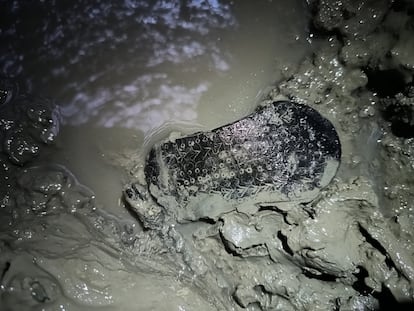
The footwear, the only example from Hispania discovered with decorative elements, is in an excellent state of preservation and has been refrigerated until it can be fully restored
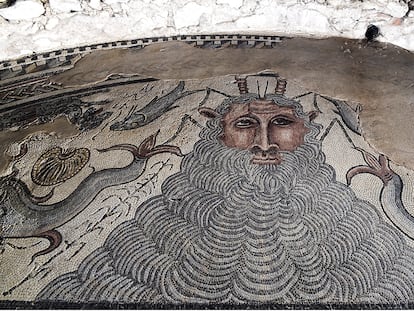
Experts believe that the palatial complex was a significant center of power that received the Mediterranean’s best materials and ceramics
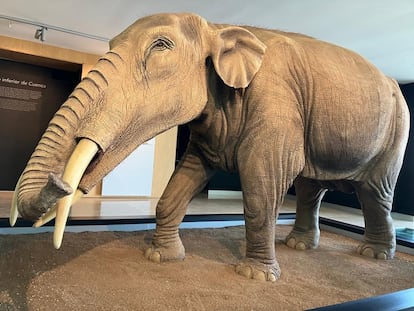
Eight pachyderms that lived 14 million years ago died at the same time due to an extended drought
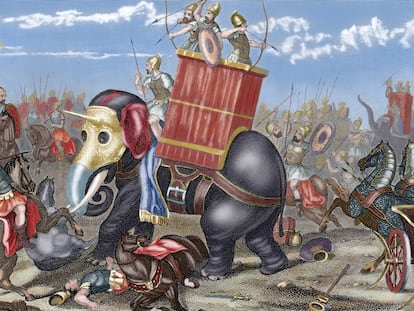
Both Hannibal and Julius Caesar used pachyderms in their campaigns in Hispania, but the Carthaginian general had far more expertise in their deployment than the legions
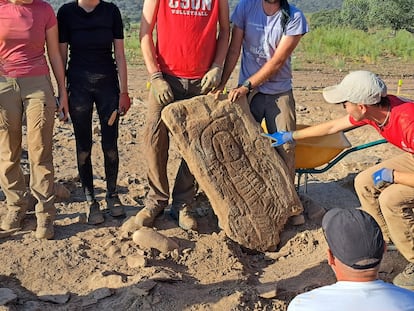
Researchers have located a ‘sensational stone slab showing a diadem’ that reverses theories about these types of archeological monuments
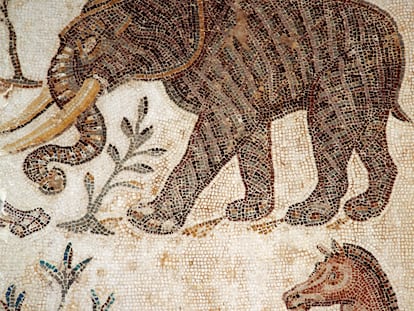
Archaeologists also located 17 catapult ‘bullets’ and other weapons, as well as brooches, coins, and millstones from different periods
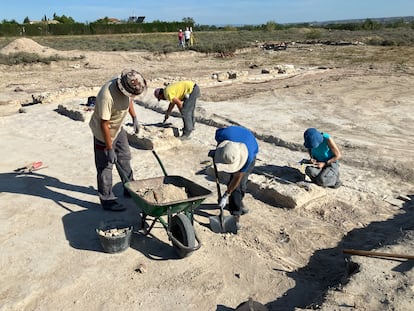
Experts believe that the square, ‘of monumental dimensions,’ was part of an unknown city razed to the ground in 70 B.C. during the Sertorian civil war